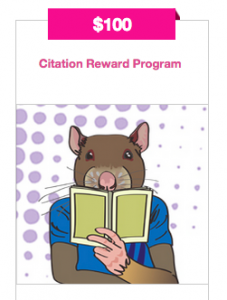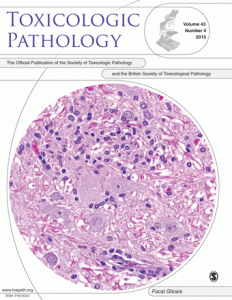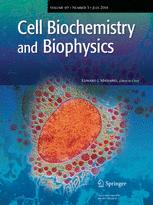 Rolling Stone has officially retracted its blockbuster story on a gruesome gang rape at the University of Virginia, “A Rape on Campus.”
Rolling Stone has officially retracted its blockbuster story on a gruesome gang rape at the University of Virginia, “A Rape on Campus.”
The story, which followed the case of a UVA student named Jackie, was retracted last night after a 12,700-word report was released by the Columbia Journalism School and published on Rolling Stone’s website. The CJR review uncovered a breakdown in very basic reporting principles, including pressing hard for outside confirmation of difficult stories and sending “no surprises” letters to every person being portrayed in an unflattering light. The report was accompanied by an apology from managing editor Will Dana, who penned the editor’s note we discussed in December. The writer, Sabrina Rubin Erdely, also released a statement, which read in part: Continue reading Rolling Stone retracts UVA gang rape story: A view from Retraction Watch








